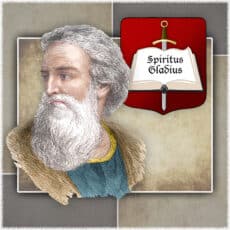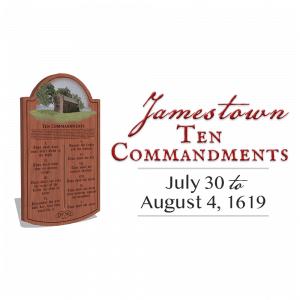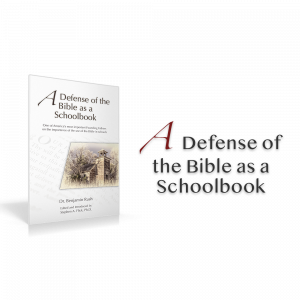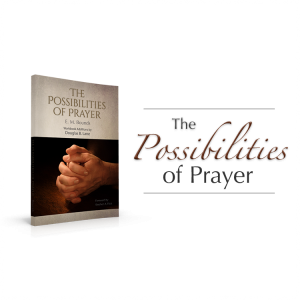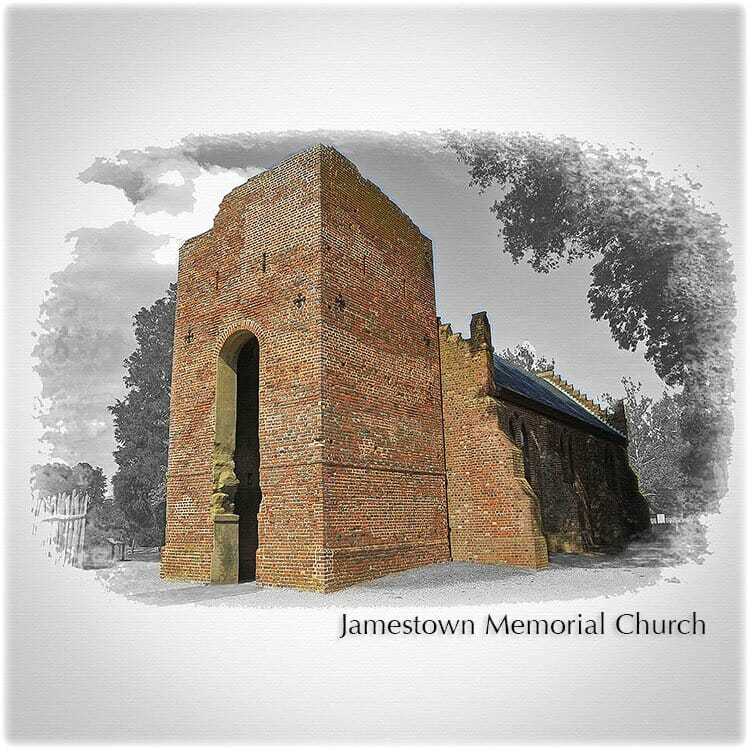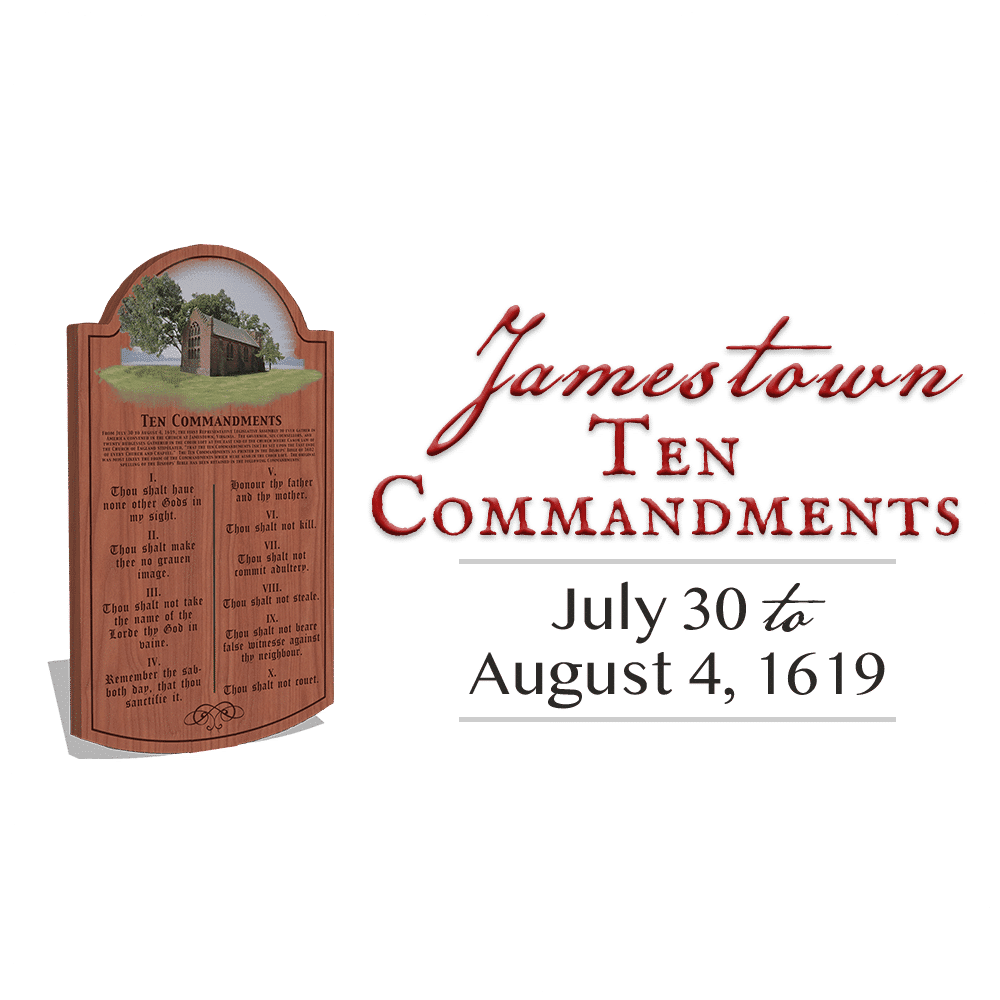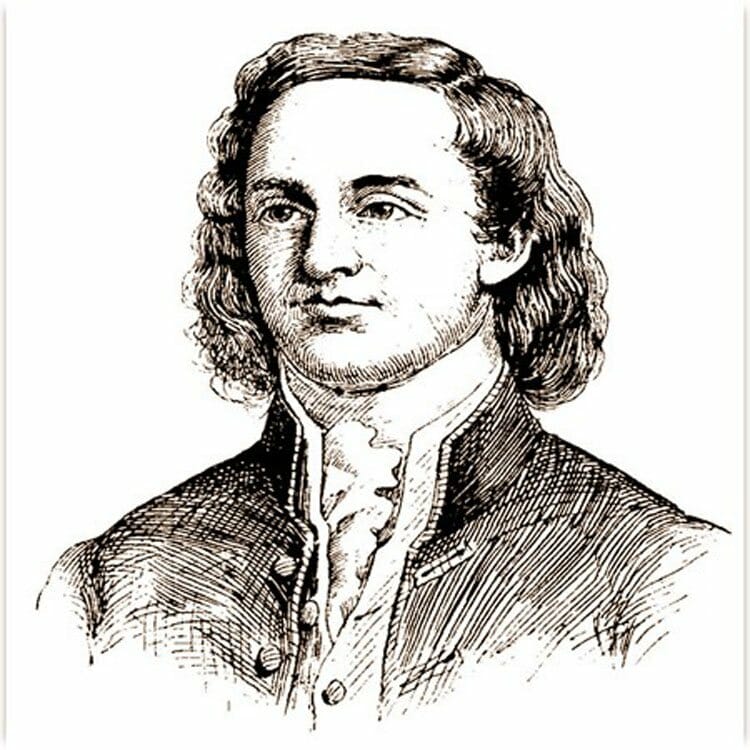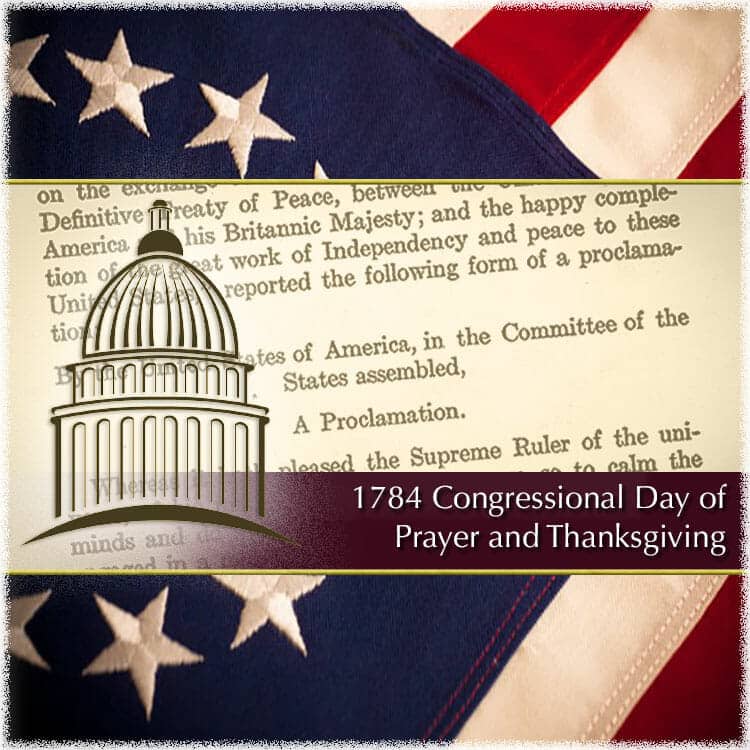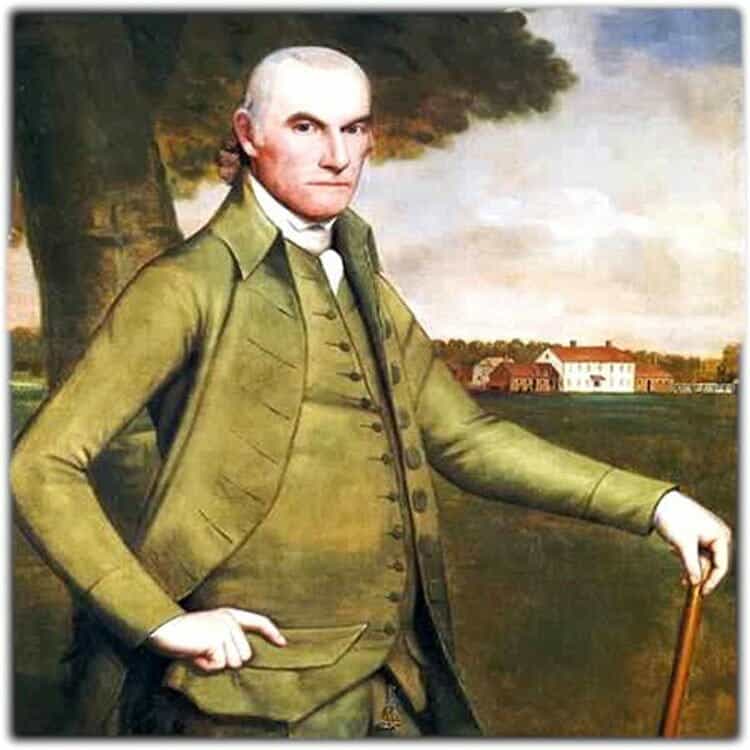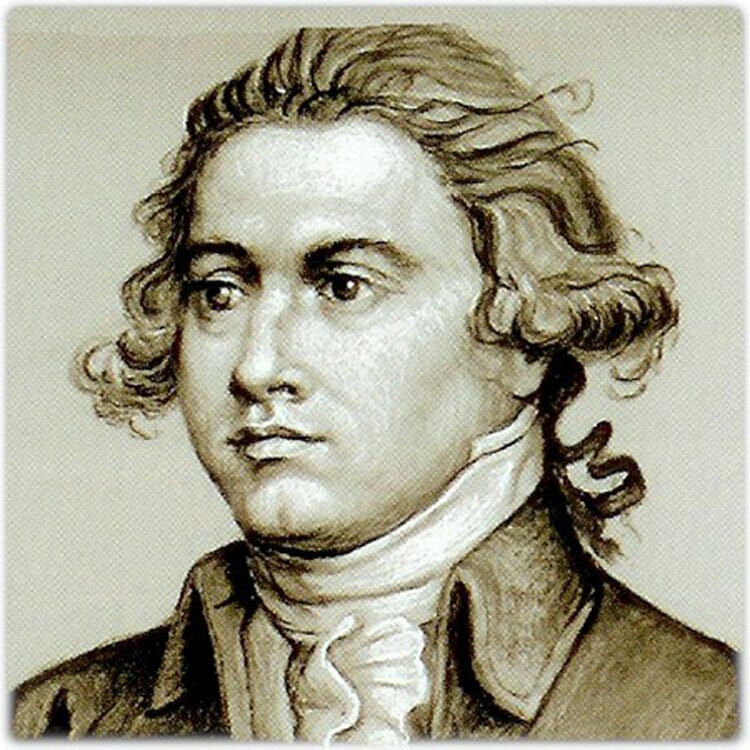Results for: "Christian Beliefs"
The results for your search of "Christian Beliefs" are listed below. Please click on the title or image to navigate to the desired item.
Please check the page navigation indicator at the top right or bottom right of the results to determine the number of search pages containing articles with the keyword(s): "Christian Beliefs".
Remembering the Apostle Peter
ListenThis post is part 5 of the series:The Apostles of Jesus ChristJune 29 Memorial for the life and ministry of the Apostle Peter The original name of the Apostle Peter was Simeon or Simon. He received the name Cephas (Aramaic Kepa—"Rock") from Jesus; the Greek translation of Kepa was Petros, hence the translation Peter. His father's name was John (John 1:42), or Jonah (Matthew 16:17), and though he was born in Bethsaida, he lived at Capernaum following his marriage. With his younger brother Andrew, Peter carried on the trade of fisherman. He was a follower of the ministry of John the...Read more... Read more... -->
Remembering the Apostle Paul
ListenThis post is part 4 of the series:The Apostles of Jesus ChristJune 29 Memorial for the life and ministry of the Apostle Paul The Apostle Paul was a Jew of the tribe of Benjamin, born at Tarsus in Cilicia. He was initially a great enemy to, and persecutor of the early Christians; but after his miraculous conversion, he became a strenuous supporter of Christianity. At Iconium, Paul and Barnabas were near being stoned to death by the enraged Jews; taking the opportunity they fled to Lyconia. At Lystra, Paul was stoned, dragged out of the city, and left for dead. He, however, revived, and...Read more... Read more... -->
Remembering the Apostle James, Son of Zebedee
ListenThis post is part 7 of the series:The Apostles of Jesus ChristJuly 25 Remembering the ministry of the Apostle James, Son of ZebedeeRemembering the Apostle James “James” is the name of three important figures of the New Testament: James the son of Alphaeus (also an Apostle of Christ), James the Just (brother of our Lord), and James the brother of John the Apostle and Son of Zebedee, to be consider here.Remembering the Apostle James Biblical Account James, brother of the Apostle John, is often known as “James the Great.” His mother, Salome, was a devoted follower of Jesus (Matthew 26:56;...Read more... Read more... -->
Remembering the Apostle Thomas
ListenThis post is part 6 of the series:The Apostles of Jesus ChristJuly 3 The day on which the Apostle Thomas was believed to have been martyred The name Thomas, evidently rendered in its Greek form from the Aramaic, means the twin (John 11:16; 20:24; 21:2), and Didymus was taken from a Greek form. We are unable to say with certainty where Thomas was born, but Church tradition suggests that he was born at Antioch and had a twin-sister named Lysia. It may be that Judas was his real name, and that Thomas was a surname.Remembering the Apostle Thomas Biblical Record Concerning Thomas In the...Read more... Read more... -->
House Speaker Robert Winthrop Defends the Bible
American History, Bible, Christian Beliefs, Christian Education, Christian History
Listen Welcome, and thank you for choosing to listen. Christian Heritage Fellowship is a listener supported organization, dedicated to reclaiming America's Christian Heritage and celebrating the life-changing influence of the Gospel around the world. Our organization remains committed to this purpose through the faithful giving of our friends and ministry family. If you can help us financially, we would sincerely appreciate it. A podcast of this article may be downloaded by selecting the download icon on the flyout tab of the listen button. And now, here is another episode from our post...Read more... Read more... -->



